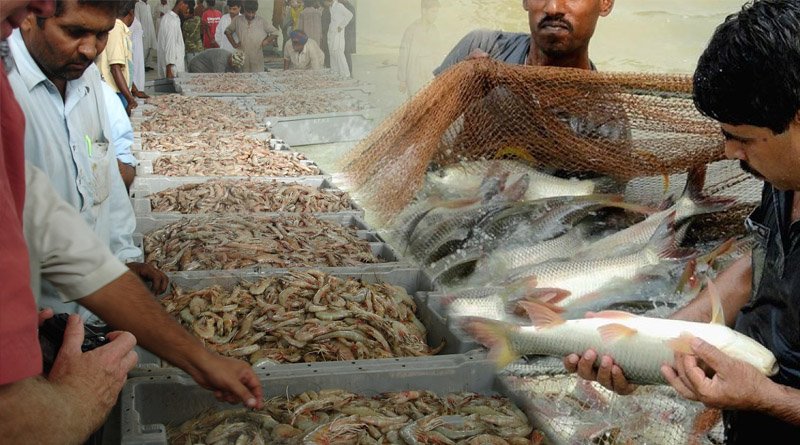In Balochistan, fishing is done at about 30 small or large stations or points, and catch is then taken for additional processing and transportation. The 30 points include 10 major ones.

To ensure that their products meet international standards for quality, Pakistani fishermen need training in the preservation of fish and other seafood products. This will boost the state’s coffers with significant foreign currency and generate healthy profits for the fishing industry.
According to Dr. Ahmad Nadeem, Director of Marine Fisheries, Lasbella, Balochistan, when speaking to the media, the development of more industrial facilities and the creation of more job opportunities will be facilitated by the strengthening of this sector.
In Balochistan, fishing is done at about 30 small or large stations or points, and the catch is then taken for additional processing and transportation. The 30 points include 10 major ones.
The fish is gathered at these locations, where middlemen purchase it for cheap and primarily transport it to the major points.
Ahmed added that while the smaller stations lack adequate preservation facilities for fish and other seafood product, the fishermen are forced to sell their catch at relatively low prices because the larger collection points have facilities like cold storage and ice packs.
The absence of preservation facilities is the primary cause of good profits being lost. Therefore, it is crucial to provide all catch stations with adequate storage facilities so that the fishermen can guarantee the quality of their goods and receive fair prices.
To gain widespread recognition on the international market for Pakistani edible aquatic products, proper marketing and branding are also crucial. Additionally, fishing boats ought to have facilities for preserving their catch to maintain its quality and freshness.
All individuals involved in fishing must receive training in order to handle, treat, and store the catch safely and ensure its transportation. All of these actions are crucial to the growth of this sector and to ensuring its long-term viability in the nation.
Despite playing a significant role in the country’s economic cycle, fishermen’s services are not well appreciated on a social or official level; consequently, no special or ongoing training programmes are held to advance their methods. They don’t even receive financial aid or gifts in kind to upgrade their boats or buy quality fishing equipment to preserve their catch.
The quality of the catch is significantly impacted by direct sun exposure. To protect themselves from the sweltering sun, the fishermen need to be fully outfitted, or at the very least, given assistance in purchasing covers, storage units, and canopies. All of these actions will assist them in delivering high-quality catch to the desired location.
By 2027, the market for fish and seafood will be worth US$611.80 billion, growing at a compound annual growth rate (CAGR) of 6.23%. The fastest-growing region for fish and other seafood products is Asia-Pacific. Pakistan must concentrate on modernising this industry in order to capture its fair share of the profits from the global market.